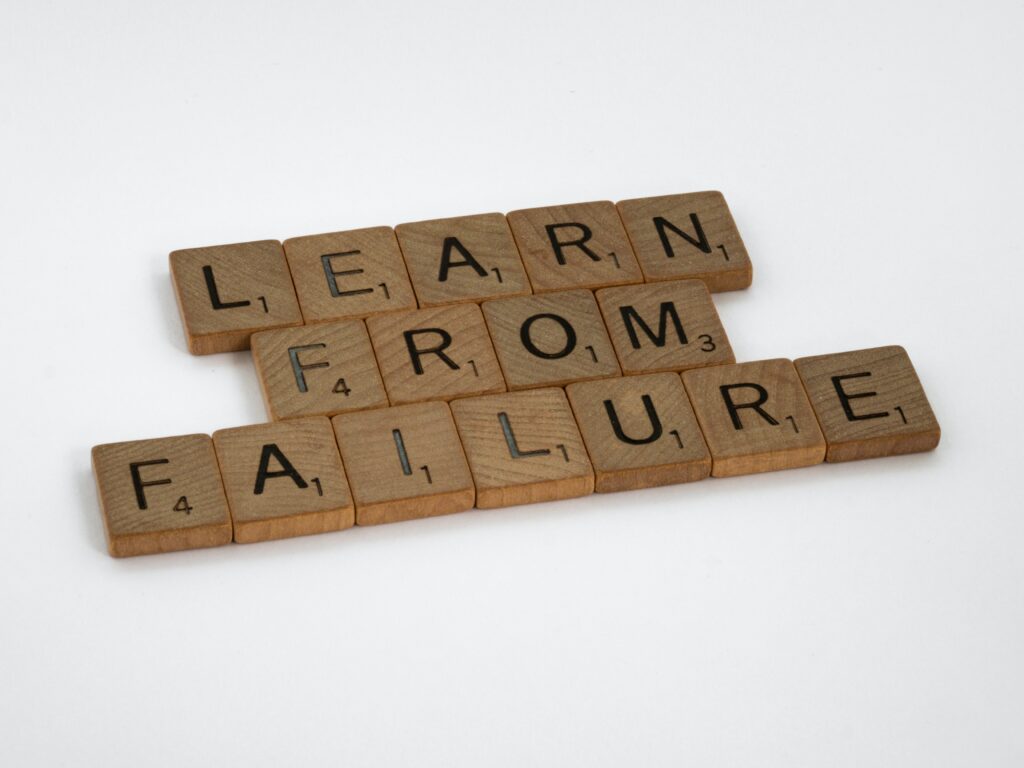Today begins a four-part series about leadership failures. The content that follows the next four weeks is based on my thinking about my own leadership failures from 2022. I am sharing them on this blog because the lessons are relevant to all leaders. I hope this will lead you to think about your personal leadership and what you specifically can do better.
Part 1: I Stop Pursuing When Others Lean Out
A leader is someone worth following. Leadership is the process of doing things with and through other people. These definitions are important when considering lesson one because lesson one is all about relationships. Said succinctly, the leader cannot tire when the relationship sours. Instead, the leader needs to lean in when things, relationally speaking, become difficult.
This lesson came to me after reflecting on a relationship with someone in our business. At the start of 2022, I began meeting with this individual even though they were not an immediate direct report. Their job was essential to our organization’s success, and they also led other team members. Therefore, I wanted to get to know them better and encourage them in their leadership journey.
Our monthly conversations were generally good. Admittedly, we didn’t see things exactly the same. But differences of opinion are a healthy sign of organizational life because they help broaden thinking. Our meetings helped me consider a different perspective than my own, and they also helped me get to know this individual better. It was a win-win.
At some point in the year, however, these meetings stopped happening. At first, it was just because our mutual schedules did not align. Then, it became clear that this meeting was not a priority for either of us because we could never find time for it.
Stopping one-on-one meetings is not a failure of leadership. However, in this case, it was due to several factors. First, the functional area this person led was one that shaped our organization. Given that I have oversight in operations and sales, I should have an ongoing relationship with this individual. Secondly, there was sometimes a disconnect between operations and their functional area. Our meetings were helping to bridge the gap, so letting the meetings dissipate was, in hindsight, unhelpful to the organization.
Lean in When Others Lean Out
What I learned about leadership from this failure was that I need to lean in when others lean out. Notice that the example I shared doesn’t involve anything nefarious — my sense is that this person just had a lot going on, and so did I. The point is that this is always the case in the modern workplace, so it is not a valid excuse!
A good leader is someone who pursues people. After all, leadership is about doing things with and through others. It is not about you! So again, a healthy leader pursues people because those relationships are how things move from one point to another.
Manipulation ≠ Leadership
I need to clarify one question that often comes up when I speak about this publicly. The question is, “Isn’t this manipulative?” The answer is absolutely not, but it can be. I acknowledge that someone could, in theory, manipulate others by creating some kind of false relationship and trying to do things “with and through” them. I confess this may be possible.
However, is a person who would do this the kind of person worth following? And using history as our guide, aren’t these people eventually found out? Once they are, isn’t their credibility destroyed? To be crystal clear, manipulation is not leadership. So that is NOT what I am referring to.
I am referring to the human ability to bond with other human beings and create relationships that move things from one point to the other. Therefore, a leader should always pursue other people, especially when others lean out (even for legitimate reasons like a busy schedule).
Followers don’t care how much you know until they know how much you care. What turns you into someone worth following is being someone who cares, someone who builds relationships, and someone who values other human beings.
You and I need to lean in when others lean out. Doing so helps us build the kind of relationships we need to do the things we will turn to in Parts 2-4 of this series.

